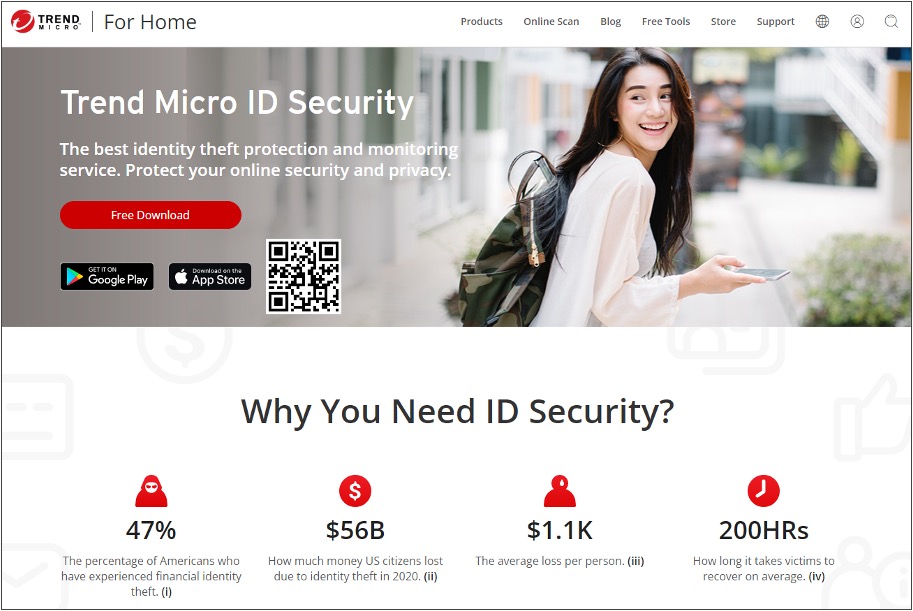Back in March, we reported on the data breach that hit technology giant, Samsung. Now, the company has announced last Friday that it has suffered another data breach. An unauthorized third-party breached and gained access to the company’s US-based systems in late July.
It wasn’t until August that Samsung discovered users’ personal information was affected — but given we’re in September, many are wondering why it took so long to announce.
What Data was Compromised? Who was Affected in the Breach?
Compromised by the breach are the names and contact information, demographics and dates of birth — as well as product registration information. To the relief of many customers, Samsung has however confirmed that Social Security numbers and payment details were unaffected.
In a press release, Samsung had this to offer:
“We want to assure our customers that the issue did not impact Social Security numbers or credit and debit card numbers, but in some cases, may have affected information such as name, contact and demographic information, date of birth, and product registration information. The information affected for each relevant customer may vary […] We value the trust of our customers and, should we determine through our investigation that the incident requires further notification, we will contact you accordingly.”
The exact number of those affected is as yet unknown, although the March breach contained an estimated 190GB of user data. Likewise, the perpetrators are unknown (last time it was Lapsus$). Presently, Samsung is contacted those whom they believe were affected — and have recently partnered with independent cybersecurity experts to investigate the breach.
It is important to note this is just the latest data breach in recent weeks. Those targeted include: LastPass, Plex, and DoorDash. Now Samsung has rejoined the roster of victims in this ongoing threat environment.
Protect Yourself with Trend Micro’s ID Security

Here at Trend Micro, we have an app specifically designed to meet the challenges that data leaks and breaches bring. Available on Android and iOS, ID Security scours the dark web for any mention of your data (SSN, email address, passwords, codes etc.) in the event of it being sold or maliciously shared by cybercriminals. Its key features include:
- Dark Web Personal Data Manager: Scours the dark web for data such as bank account numbers, driver’s license numbers, passport numbers, and social security numbers.
- Credit Card Checker: Find out if someone has acquired your credit card number and put it on the dark web.
- Email Checker: Find out if any of your email addresses have been leaked to the dark web. You’ll be notified which exact account it is — so you can take the appropriate counter-measures.
- Password Checker: ID Security will notify you if you’re using a password currently in circulation on the dark web.
- Social Media Account Checker: Find out if your Facebook and Twitter Account have been breached and shared on the dark web.
- A Comprehensive Monitoring Report
Simple, efficient, and easy-to-use, click on the button or scan the QR code below to try the free 30-day trial version today! And as ever, if this article has been of use and/or interest to you, please do SHARE it with family and friends to help keep the online community secure and protected.

0 Comments
Other Topics
